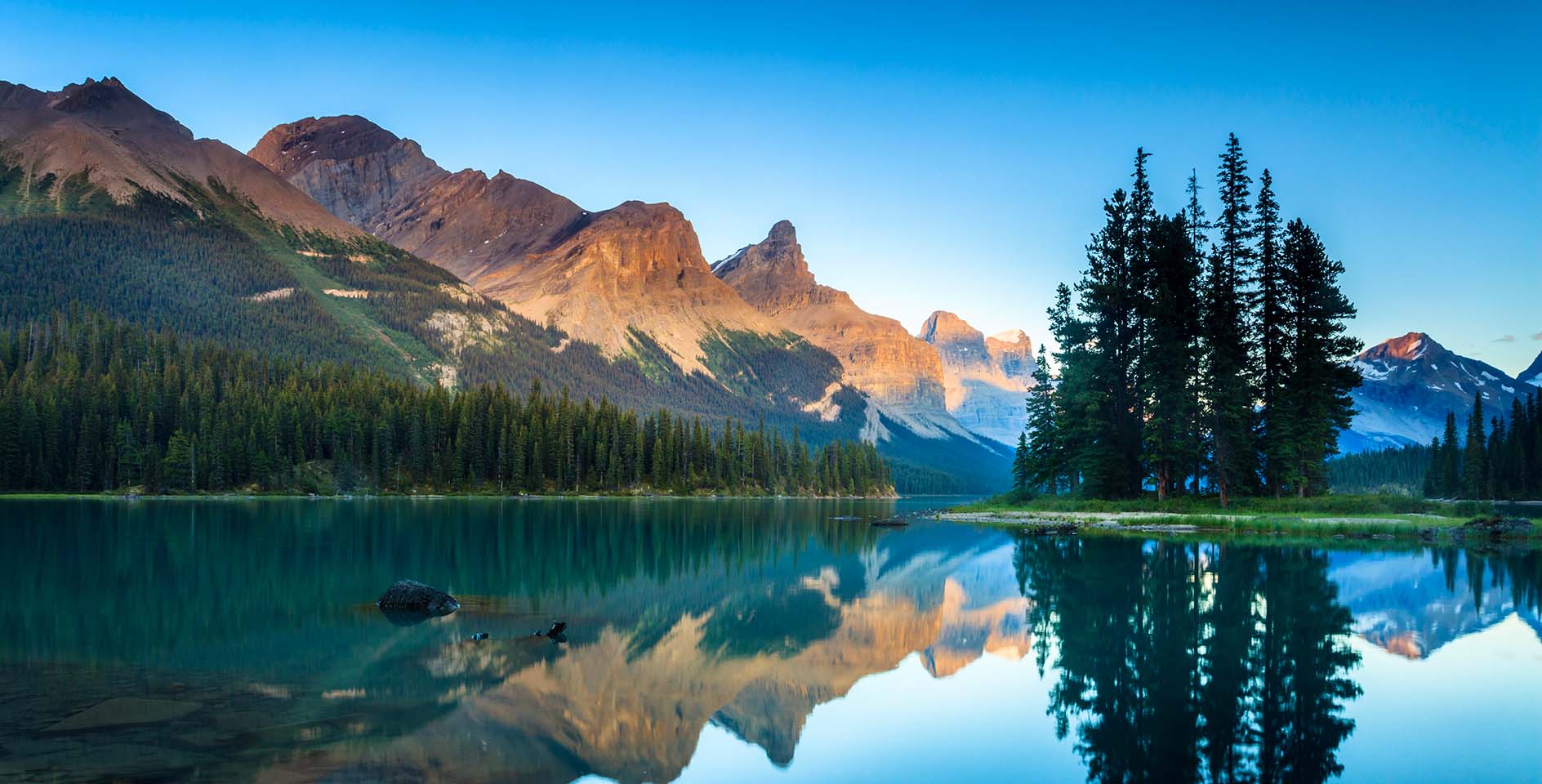In 2021, leaders from around the world gathered in Glasgow, Scotland, to discuss ways that countries can help to prevent some of the more catastrophic predictions related to climate change. The meeting culminated in several declarations of promises and plans, but few details of how to achieve these goals. Some criticized the meeting for all the jet fuel expended to get everyone to Scotland, and others have taken aim at groups that have wrongly advocated fewer babies as a means of fighting climate change. However, the goal of stewarding creation is worth considering, not out of fear for the future or making an idol out of the Earth, but out of care for what God has given to us. Southern Baptists articulated this in a 1990 Resolution on the topic: “We . . . are charged by our Creator with caring for creation (Genesis 1:28, 2:15), and are called to be faithful stewards of that which is entrusted to us.” Creation care was part of the first command given to humanity (Gen 1:28) and should continue to be part of our work even after the fall.
Creation care is rooted in confidence not fear
At the core of much of the discussion about creation care, at least in its secular version of environmentalism, is a fear that verges on apocalyptic. Instead of the Four Horsemen of war, famine, death, and pestilence, there are scientists warning about a temperature limit and the increased incidence of extreme weather events. Rather than watching for wars and rumors of wars, people are looking at rising sea levels and the melting ice caps. This has reached the point where some media outlets no longer speak of “climate change” but use “crisis” and “emergency” in their articles in an effort to alert people to the approaching doom. As one New York Times writer says, “It’s coming for you, wherever you are, and we need to do whatever we can to limit the damage.” Even if things change, they say, it may be too late to prevent the coming catastrophe that they predict.
Instead of fear, Christians should recognize that calls for creation care within the church arise from God’s Word, which has bestowed on us the obligation to steward and cultivate the Earth as God’s agents. We should not dismiss these concerns about the environment as unimportant or throw up our hands in panic. Rather, we ought to set about the task given to us by God to “fill the earth and subdue it” (Gen. 1:28).
Part of the task of exercising dominion is the act of taking responsibility for and exerting proper authority over the creation. In contrast to those who work out of fear, Christians recognize that the demands of today are the same as they were in Eden: stewardship and cultivation. And as we care for creation in a fallen world, we look forward to the day when God renews everything (2 Pet. 3:13). That should give us both a sense of security and peace as we look at the world around us and hear the constant rhetoric of fear and outrage. This does not mean we are resigned or apathetic about sin’s effects on creation. But it does mean that we can go about our work while full of hope and resting in God’s sovereign hand over all things.
Creation care is partly rooted in cultivating and stewarding God’s creation
As Christians take steps to steward the environment around them, they work not out of a sense of self-preservation, but a desire to fulfill the task given them by God of cultivating the environment (Gen. 2:15). At the heart of creation care are the linked, but distinct, goals of cultivation and stewardship. Cultivation is about doing all that is possible to maximize the flourishing of an item. For example, when a farmer cultivates the land, he prepares it before he plants by clearing the debris from the field and tilling the soil to ensure that the seed will be placed in the best environment possible. The farmer does not just cast his seed about, but rather does all he or she can — such as crop rotation to give the land rest or using better seeds — to maximize the return. Similarly, humanity is called to cultivate the earth and do all that is necessary to maximize the potential for flourishing. This could mean sustainable farming and fishing practices which look at ways of minimizing the effects of pollution on the environment or the development of crops that can grow with less water. These are all ways of maximizing the earth’s production and are in line with Scripture’s call to cultivate and care for the planet.
At the same time, Christians should keep in mind that the goal of cultivation is not just our own enjoyment. Rather, the Christian must give an account for everything that is done (Matt. 16:27), and this includes the stewarding of God’s creation. Part of what it means to steward is to cultivate, but to do so for the benefit of the owner. Christians recognize that we do not own the world, even though we have been called to care for and subdue it. So as we go about the task of cultivation, we bear in mind the responsibility that comes with the knowledge that it all belongs to God, and as the psalmist declares, it all testifies to God and his glory (Psa. 19:1). We wish to show ourselves like the servants who faithfully managed their master’s money and were able to give him a return on his investment (Matt. 25:14-30). It’s not that God needs more from us — he owns it all anyway — but we work to care for what God has given us because we want to honor him.
Creation care is ultimately bounded by the fallen reality of the world
In John Steinbeck’s classic novel East of Eden, he opens not with a description of the major families or even a nod to the ways that they will fight, fall, sin, and be redeemed throughout the novel. He begins with a description of the land that they will farm and develop and which hems them in. The most stunning descriptions are of the flowers that cover the valley floor: blue lupins edged with white “so that a field of lupins is more blue than you can imagine” and poppies that are “a burning color—not orange, not gold, but if pure gold were liquid and could raise a cream, that golden cream might be like the color of the poppies.” Just as important as the characters of the novel is the environment that shapes and which sustains them. However, in the midst of the beauty is the reminder that the characters are East of Eden, which means estrangement and a cursed ground that produces thorns and thistles (Gen. 3:17-18).
And this truth grounds the task of creation care. We do not live in a world that is free from the taint and corruption of sin. So every action we take must reckon with the limits of what can be achieved, as well as the recognition that the earth will pass away. This does not mean that we should do nothing, for it is clear cultivation and stewardship are part of what it means to be human. It does mean that we do not give into the false belief that humanity is able to control nature and bend it entirely to our wills. We are finite creatures, made all the more so by the corruption of the fall. So we must not give in to the delusion of thinking that we can overcome all limitations, problems, and results of sin’s influence in the world. We fight against it. We push back where we can. But we do not give into despair when we don’t see the end of brokenness this side of creation’s redemption as it groans for its release from sin (Rom. 8:22).
While the 2021 Glasgow meeting did not likely mean the end of dire predictions of Earth’s imminent climate apocalypse — as there will always be predictions of some impending apocalypse, whether Mayan doomsdays or computer glitches and Y2K — Christians should take this opportunity to consider the environment around them. And as we see both the beauty and brokenness of creation, may we be the people who seek to steward the world around us as an act of obedience to God, and for the flourishing of others.







